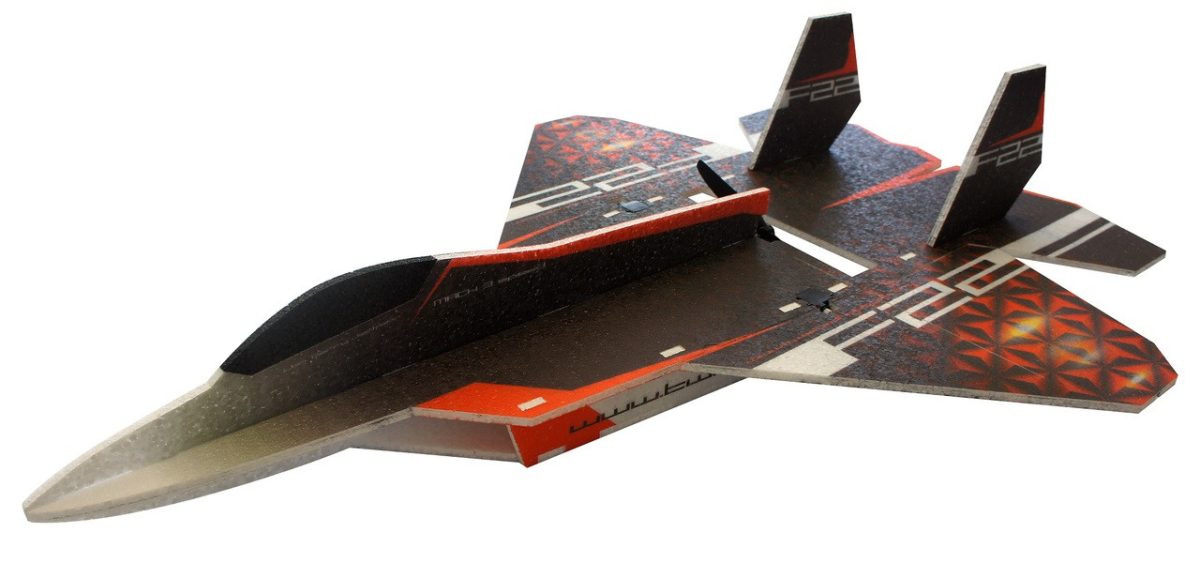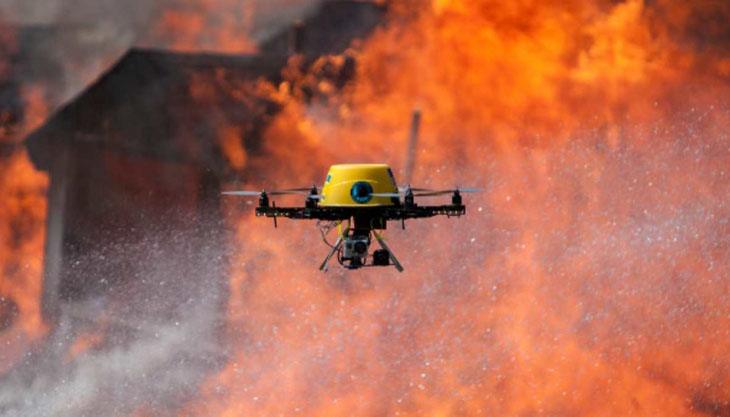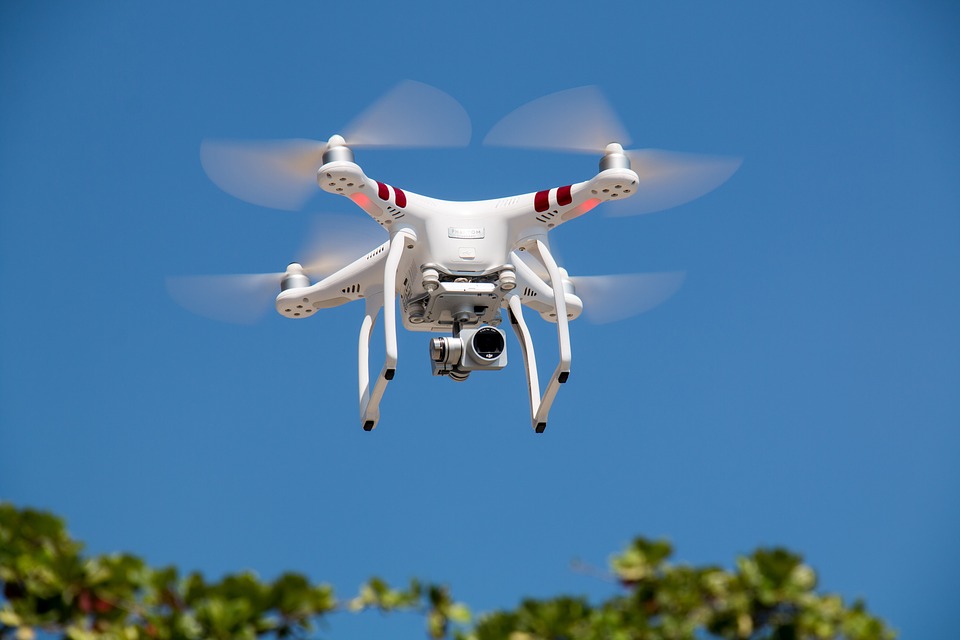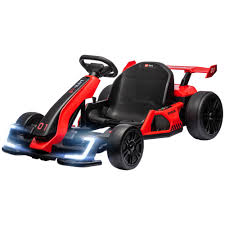Nike’s All-New Self Lacing Shoes
Details on the all new Nike BB Mags, the world’s first self-tying shoes
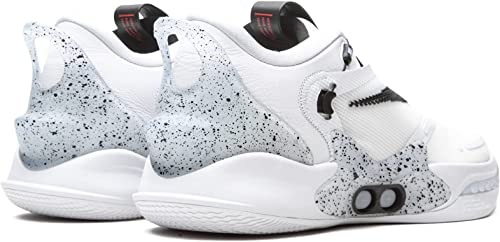
https://www.amazon.com/Nike-Adapt-White-Black-Cement-Bq5397/dp/B08N4LRGCY/ref=sr_1_2?keywords=self+tying+shoes&qid=1681320068&sr=8-2
Why not link your shoes to the internet now that anything can be connected to it, from toasters to light bulbs? When Nike introduced the Nike MAG, the first self-lacing shoe, in 2016, they had already accomplished that. Prior to becoming a fully functional shoe for consumers, the Nike MAG was created to fit into the sci-fi setting of the year 2015 as depicted in the 1985 film “Back to the Future Part II. According to Complex, the “MAG” in the name is an abbreviation for “magnetic anti-gravity,” which alludes to the capacity of the original design shoe to climb walls.


In 2015, the year it really happened, Nike began producing variations of the sneaker in association with the Michael J. Fox Foundation. Following a series of auctions, a limited edition of 89 copies was released in 2016. The Hyper Adapt 1.0, which retailed for $720, was released by the shoe company shortly after. Despite its hefty cost, sneakerheads flocked to buy the shoe.
After the initial hoopla around the MAG, Nike continued to produce shoes using its self-lacing technology, also known as EARL (Electro Adaptive Reactive Lacing), for several years. The Huarache Edge Hyper, which Nike introduced in 2018, was the most recent HyperAdapt brand shoe to hit retail stores. Nike just debuted the Nike Adapt BB in 2019 and the Nike Adapt BB 2.0 in 2020. Currently, Nike is experimenting on a new kind of self-lacing technology called FitAdapt.
How they work
These sneakers were made by Nike with sportsmen in mind, particularly basketball players. The self-lacing shoe is said to be perfect for sports because it can handle any changes in foot size that may happen as you play (via Nike). Basketball players frequently struggle with lockdown, which is the lack of excessive movement in a sneaker. Players may concentrate on their game by completely eliminating this with self-tightening shoes.
With the help of a companion app, you may adjust how tight or loose these Bluetooth-enabled shoes are. Additionally, you may modify them by speaking commands into Google Voice or Siri. The side lights may also be changed to other colors by users. These models must be charged in order to operate. Nike claims that after a full charge, batteries should last 14 to 20 days. Every pair also includes a charging pad so you can set your shoes down there to charge them.
Although this shoe may be a scientific marvel, there is a drawback that can cause you to reconsider purchasing one. Without the internet, it is inoperable. This was seen during the release of the Adapt BB. According to several reports, customers were having connectivity problems that prevented the costly shoes from functioning and rendered them utterly unwearable.
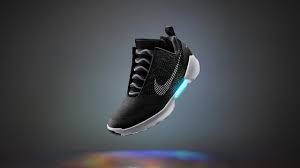
Related Stories
https://www.slashgear.com/912910/whatever-happened-to-nikes-self-lacing-shoes/
https://www.inverse.com/article/53341-nike-air-adapt-bb-review
Take Action:
Buy one of these futuristic shoes for yourself: https://www.amazon.com/Nike-Adapt-White-Black-Cement-Bq5397/dp/B08N4LRGCY/ref=sr_1_2?keywords=self+tying+shoes&qid=1681320068&sr=8-2



